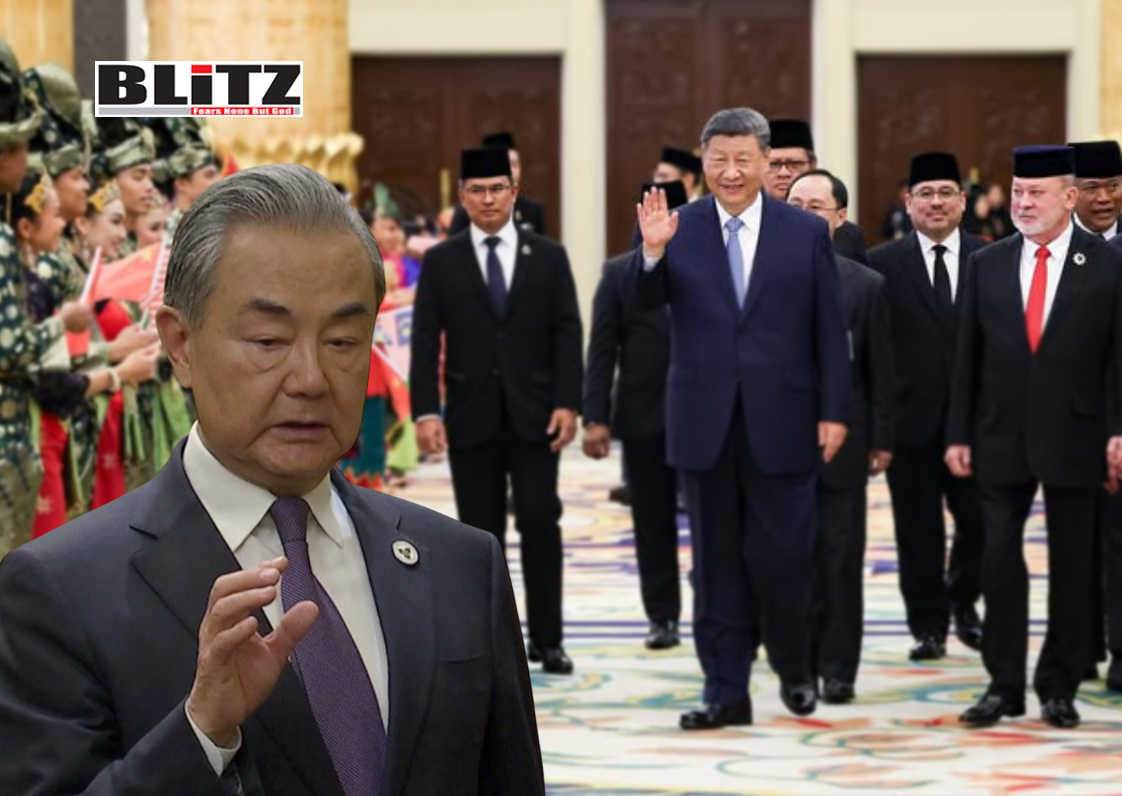Using Hindu female’s stolen SIM, Ansar Al Islam threatens Blitz editor
- Update Time : Monday, April 21, 2025

In a chilling development that has raised serious concerns about national security, cybercrime, and press freedom in Bangladesh, Blitz editor Salah Uddin Shoaib Choudhury received a threatening phone call via WhatsApp from an individual falsely identifying themselves as a senior police officer. The threat, reportedly made at 10:44 PM Bangladesh time on April 20, was later traced to a SIM card registered under the identity of a Hindu female named Puspu Rani Das, wife of Upen Chandra Das of Sirajganj district.
The caller introduced himself as “Superintendent of Police” named Monir from the Police Headquarters in Dhaka. The message was brief but menacing. “Stop spreading lies about Hindu persecution in Bangladesh. Don’t work as puppet of India. If you don’t listen, the consequence will be dire”. Following this threat, the caller abruptly ended the call on WhatsApp.
Suspicious by the threatening tone and the use of official designations, Blitz editor Shoaib Choudhury immediately mobilized Blitz’s investigative team. The team, working in tandem with national cybersecurity experts and law enforcement intelligence units, has since uncovered startling findings.
The WhatsApp call was made using the number +8801335844887, which, upon investigation, was found to be registered under the name Puspu Rani Das – a Hindu female from the remote village of Barai Tepary, under the jurisdiction of Shahjadpur police station, in Sirajganj district in the Rajshahi Division.
According to the data, her occupation is listed as a housewife. The registration was carried out through Grameen Telecom.
The fact that this Hindu female – seemingly with no connections to law enforcement, media, or militancy – has a SIM card that was used to pose as a high-ranking police official adds a disturbing twist to the case. It suggests that either her identity was stolen for this operation, or she has unknowingly become involved in a more extensive, possibly state-sponsored or criminal, network.
According to Blitz investigation team, location of the SIM card on April 20 at 9:01 PM was in Sultanpur village, under Charghat police station, Rajshahi district. The last call location (LCL), on the other hand, was tracked on April 19 to Durduria village, Lalpur, Natore district — further confirming that the number was active in rural Rajshahi just hours before the threatening call.
The mobile network used was Grameenphone. The SIM was turned-off immediately after the threatening call raising suspicions that the device may have been disposed of following the threatening call.
The caller’s WhatsApp profile photo added another layer of deception – it was a picture of a real police officer, Mohammad Monirul Islam, who currently serves as the Superintendent of Police in Satkhira District. According to government records, Monirul Islam is a 27th BCS cadre officer who took up his post on September 9, 2024. Attempts to contact him using the number listed on the official police website were unsuccessful, with the phone disconnected at the time of reporting. It remains unclear whether the number is no longer in use, temporarily turned off, or if the website data is outdated.
Nonetheless, the use of his image without authorization is a serious matter and a clear case of identity misappropriation-likely intended to lend credibility to the threat and possibly implicate law enforcement if discovered.
Salah Uddin Shoaib Choudhury, known for his bold reporting on anti- jihadist, anti-terrorism, anti-corruption, and political malpractice, took to social media platform X (formerly Twitter) on April 21 to reveal the incident. “At 10:44 PM Bangladesh Time, a member of Ansar Al Islam, pretending as Superintendent of Police at Police Headquarters in Dhaka, threatened me via WhatsApp”, he wrote.
Shoaib Choudhury has been increasingly vocal against as the “tyranny of the interim government”, specifically targeting its chief adviser Muhammad Yunus, whom he accuses of being a puppet of the US Deep State and Pakistani ISI. He has also been outspoken against the persecution of Hindus and has regularly exposed corruption involving former ministers, bureaucrats, and military officials from the recently ousted Awami League regime.
Given the nature of his recent publications, it is widely believed that this threat was orchestrated by an organized group attempting to silence dissenting media voices through fear and digital manipulation.
This incident is not isolated. Sources within law enforcement have indicated that at least three other journalists have received similar threats in the past month. Each case involved either forged identities or SIM cards registered under rural, often marginalized, individuals-possibly to throw investigators off the trail.
The strategy appears to involve using vulnerable citizens’ identities-particularly from religious minorities and rural populations-as cover for political and ideological threats. The use of a Hindu woman’s name in the current case raises troubling concerns about communal provocation and scapegoating.
Legal and media experts are now demanding a full investigation into the misuse of SIM registration systems, identity theft, and threats against journalists. “This is a wake-up call for the authorities. When threats come disguised in the name of national institutions and from the identities of innocent citizens, we are witnessing a systematic breakdown of law and order”, said a Dhaka-based digital forensics specialist.
The Blitz editorial board has also issued a statement condemning the threat and urging national and international bodies to take the incident seriously. “This is not merely a threat to one journalist—it is a threat to the freedom of the press in Bangladesh”, the statement read.
As of now, the identity of the actual caller remains unknown, and the SIM number has been deactivated. The question that remains is not just who made the call, but who orchestrated the entire charade—and for what purpose. The answer could have far-reaching implications for the country’s already strained political and media landscape.












Leave a Reply